Anti-VEGF's & Glaucoma
What do you tell your patients?...
The possible association between intravitreal anti-VEGF injections and the development of ocular hypertension or primary open-angle glaucoma has likely been a concern for all of us who follow these individuals in daily practice.
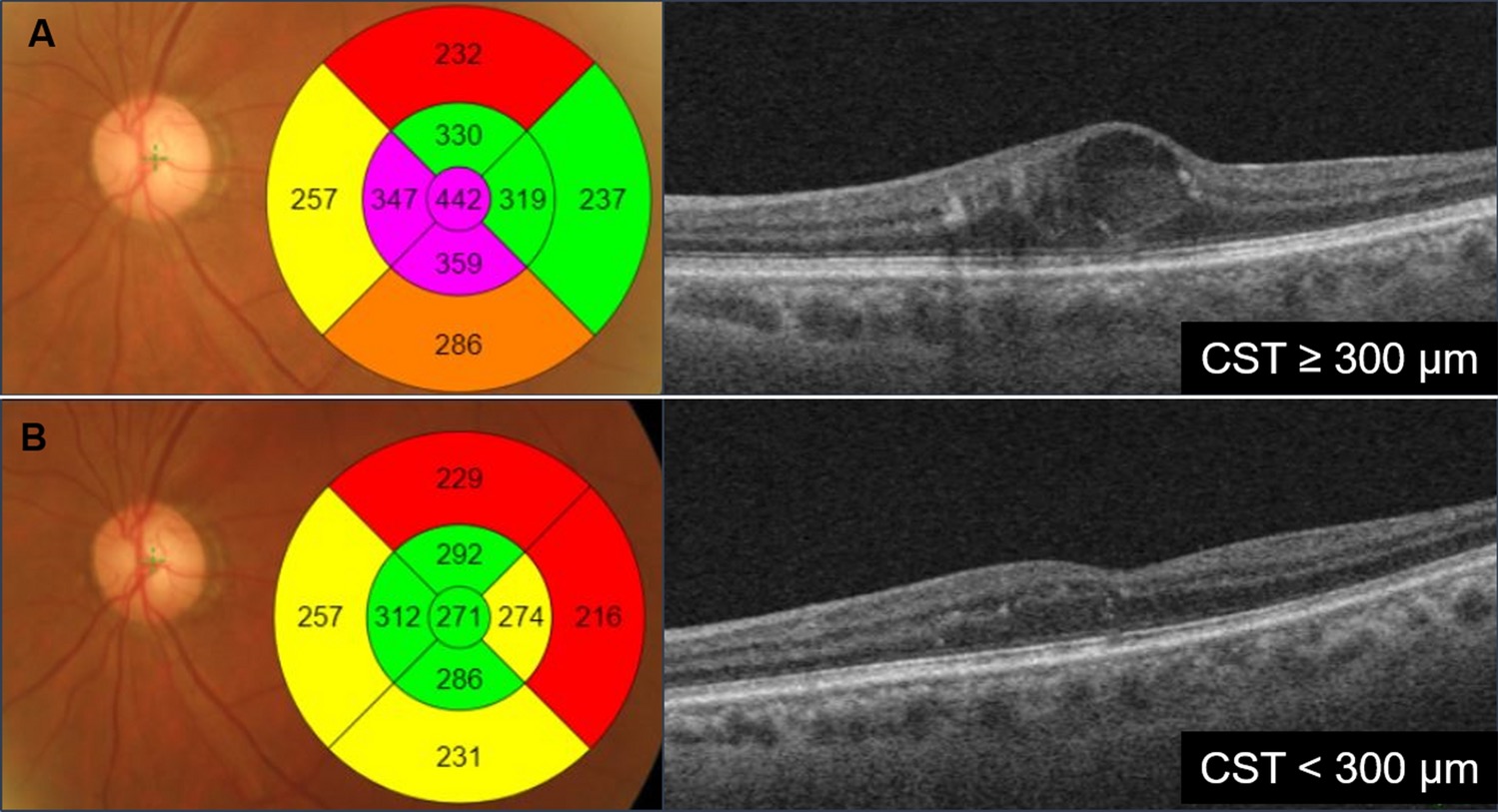
Anti-VEGF agents, while revolutionary in treating neovascular retinopathies, may potentially impact intraocular pressure (IOP) through various mechanisms. This includes mechanical stress from repeated injections, trabecular meshwork obstruction by drug particles, or alterations in other aqueous outflow pathways.
Previous studies have shown conflicting results, with some reporting a significant increase in the risk of sustained IOP elevation following multiple injections, while others found no substantial long-term effect. However, a meta-analysis released just today of randomized controlled trials revealed a two-fold increase in the risk of sustained elevated IOP after repeated anti-VEGF treatments. Risk factors for developing ocular hypertension post-injection include pre-existing glaucoma, higher injection frequency, and possibly, the specific anti-VEGF agent used.
For us, this underscores the importance of regular IOP monitoring with individuals receiving ongoing anti-VEGF therapy, particularly those with pre-existing risk factors for glaucoma. Perhaps we should now consider baseline glaucoma evals before initiating treatment, and be more attentive to IOP changes throughout the duration of intravitreal treatments.
While benefits of anti-VEGF treatment often outweigh risk, our awareness may allow for more timely intervention and management for these individuals.
-JRM
Go to the article in Clinical Ophthalmology:
DON'T LET YOUR NOTES, PAPERS, & ARTICLES COLLECT DUST!
We'll Build & Publish Your CE/CME Approved Course. No Fees.
- No Fees: Publish your course on our powerful platform.
- Income Stream: We do the work & you earn.
- Real Partnership: Real humans.
- Utilize Existing Materials: Notes, FAAO papers, articles collecting dust?
- Share Your Expertise: Teach others to help others.
- Global Audience: Reach eager learners worldwide.
- Advance Your Career: Contribute to ophthalmic medical education.
PODCAST: DR. MARTINELLI'S VISION & NEUROLOGY CASEBOOK
55:54 (Audio Only) FREE ACCESS
- The Conversation: Muscle, Nerve, or Brain?
- Differential Diagnosis in Neuro-Ophthalmic Disorders: Listen to the discussion concentrating on a systematic approach to diagnosing visual disturbances with potential neurological origins. This includes considering a broad range of possibilities, correlating symptoms with clinical findings, and utilizing appropriate investigations like imaging and lab tests.
- Importance of Patient History and Examination: The case studies highlight the value of a detailed patient history and thorough ophthalmic examination in guiding diagnostic decisions.
- This Is Primary Care: Encouraging optometrists to think beyond the eye and delve deeper into potential systemic causes for visual symptoms. This includes ordering advanced diagnostics and collaborating with other medical specialists to provide comprehensive patient care.
- The Art of Patient Management: Beyond clinical skills, emphasizing the importance of effective communication, empathy, and building a strong doctor-patient relationship.
Podcast is EyeX AI powered. Material, information, concepts, words, and dialogue reviewed and approved by the author.
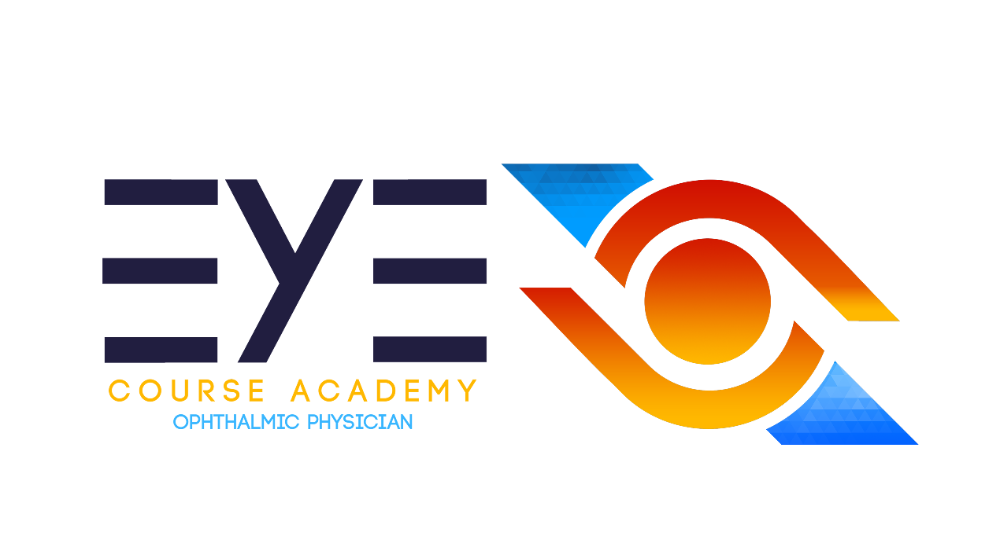


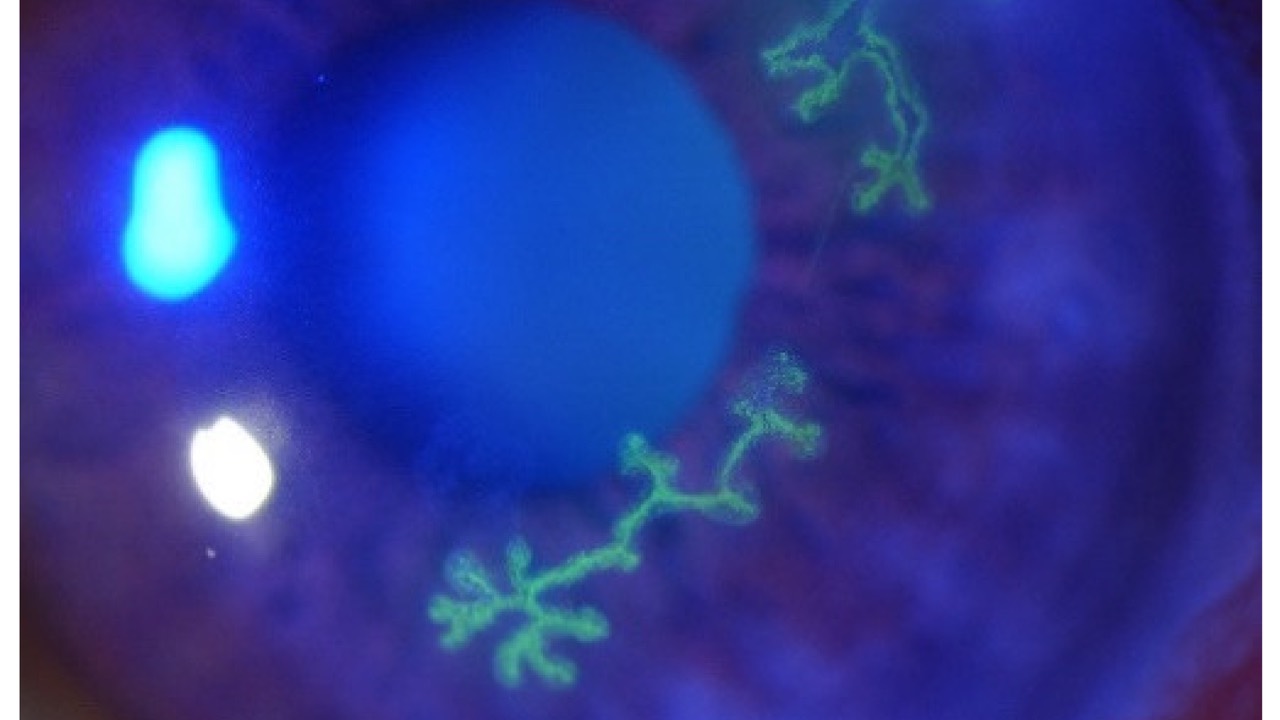
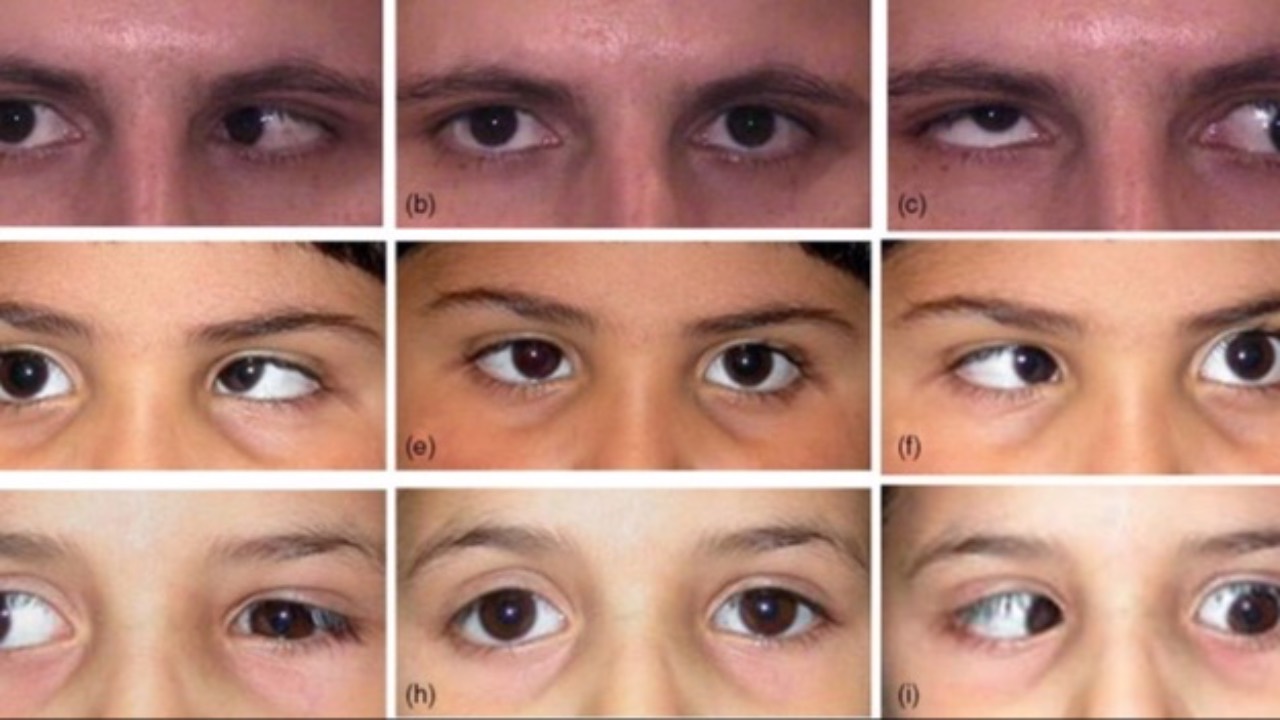
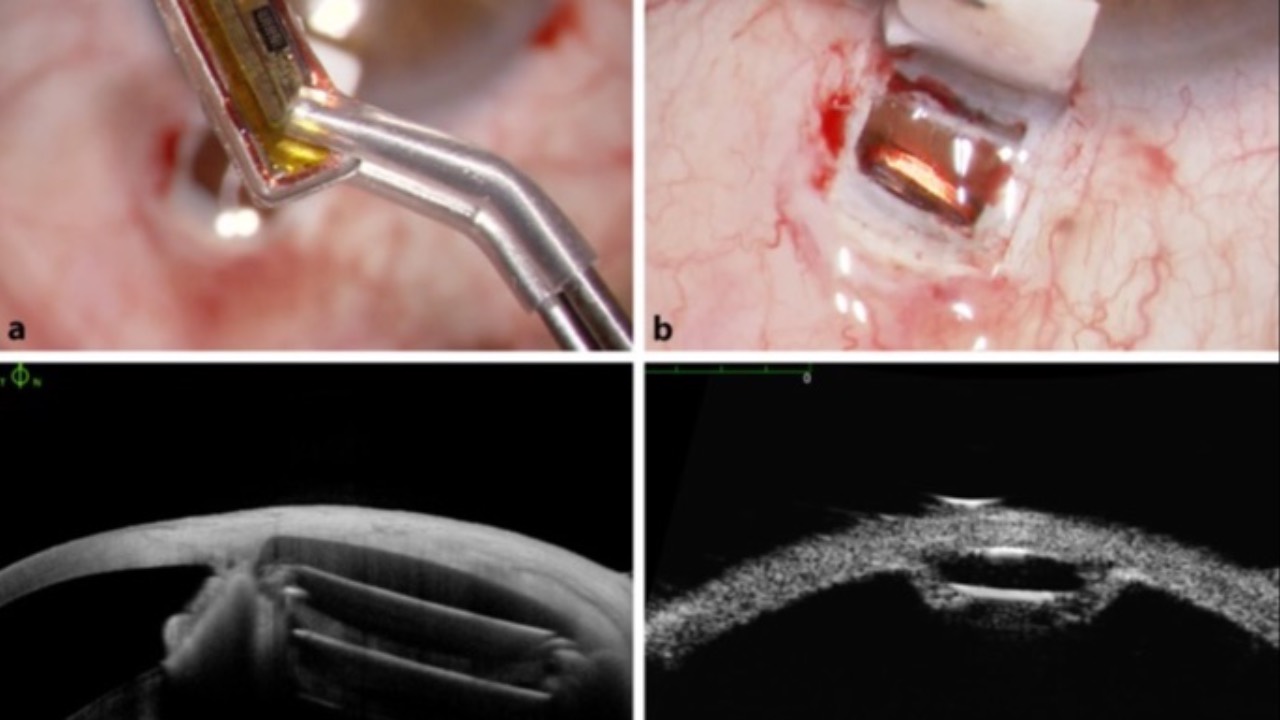
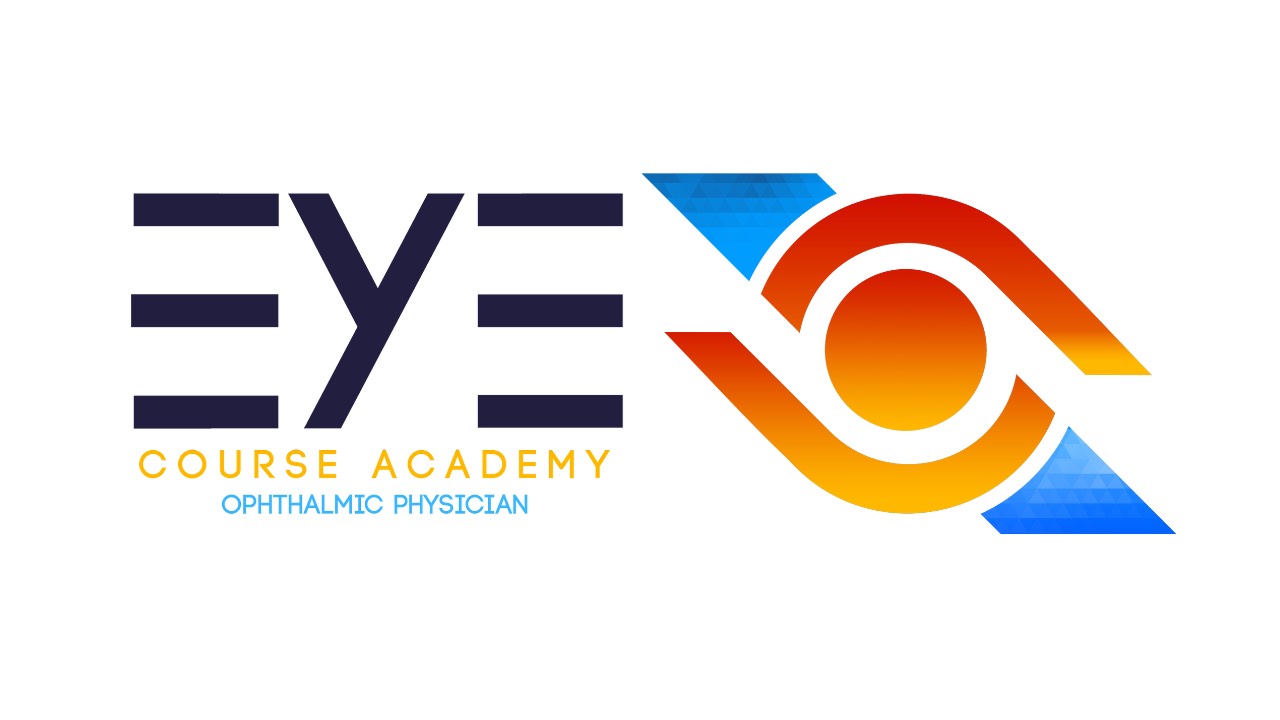
Responses